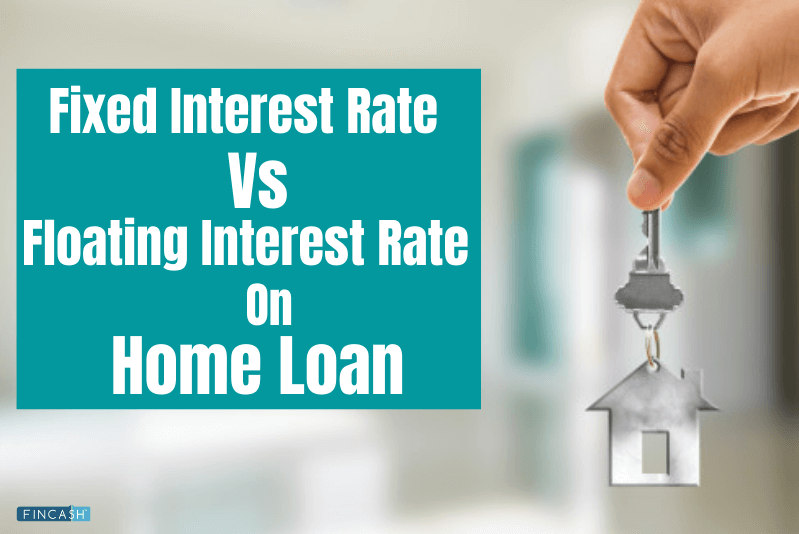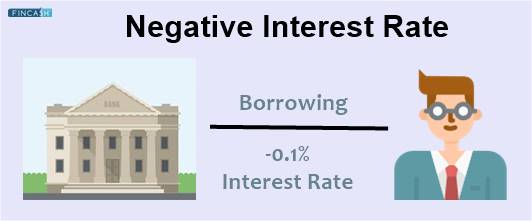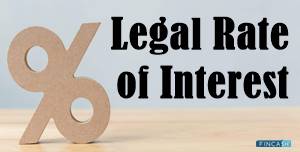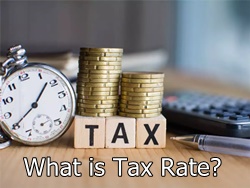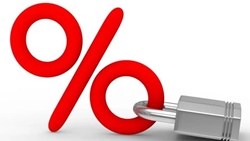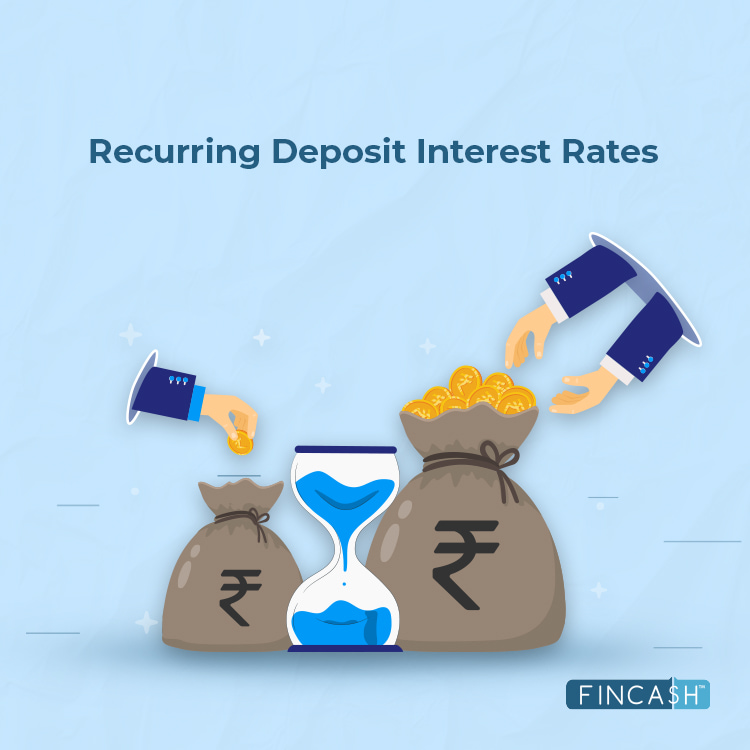
Table of Contents
Defining Periodic Interest Rate
Periodic interest rate is referred to the rate that is charged over a specific period of time. The periodic rate is equal to the annual interest rate, which is then divided by the number of periods.
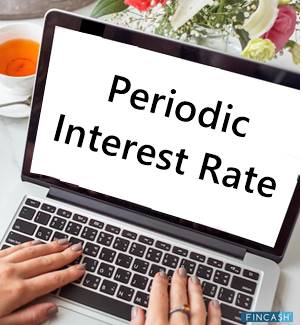
For instance, the interest on a loan is generally calculated monthly. Thus, if the annual interest is 4%, you divide this by 12 and get 0.33%. This will be your monthly interest.
Understanding Periodic Interest Rate
When a Bank puts periodic interest based on the loan’s average balance on a daily or monthly Basis, the effective interest rate is typically higher than the said annual interest rate. The reason behind this is the compounding interest effect.
With overdrafts and credit cards, the interest is calculated daily. This means the daily interest rate is the annual rate, which is divided by 365 days. Since interest gets calculated daily, a massive daily balance on the account will mean you will pay more interest.
The periodic rate’s effect is aggravated when interest rates are generally high. For instance, on a credit card, if the variable interest rate is 16%, the daily interest rate will be 0.044%.
You can also use the effect of this periodic rate to your advantage when you invest your money, given that as long as you are reinvesting the profits or interests. This way, you can easily compound the interest. Over many years, the total value of this investment will be higher than the profit or interest you would have received every month.
Talk to our investment specialist
Example of Periodic Rate
Sometimes, businesses find it difficult to manage cash flow as they pay for Raw Materials but don’t get to recover that expense until their products are sold. To make sure they meet financial commitments, a lot of businesses use either an overdraft Facility or take a loan.
On this loan, interest is charged daily. Thus, if they have a huge amount to pay for a massive order and repay the same after a few days, they might end up paying more interest than expected, even if the average loan balance is lower.
Benefits of Periodic Interest Rate
Jotted down below are some of the advantages of periodic interest rates you must know:
- The periodic interest rate assists in the easy calculation of interest rates charged or realised for a specific compounding period. This manner is used by credit cards effectively
- It is even useful when making an investment or lending money for a time period of less than a year, which assists in the effortless realization and computation of repayments or returns in this situation
- This interest rate allows borrowers and investors to compare a variety of financial instruments to get a better outcome
- It regards the compounding effect on an investment or loan and comes up with an operative annual interest rate
- If the profits or interests accrued are reinvested or not realized, it has the capacity to provide higher long-term returns on any investments
Wrapping Up
Now that you have understood that the periodic interest rate determines the amount of interest you would be paid or owe in every compounding period, understanding your profits will become much easier. Once you have understood this concept thoroughly, make sure you use it to the utmost benefit when it comes to investments and loans.
All efforts have been made to ensure the information provided here is accurate. However, no guarantees are made regarding correctness of data. Please verify with scheme information document before making any investment.
